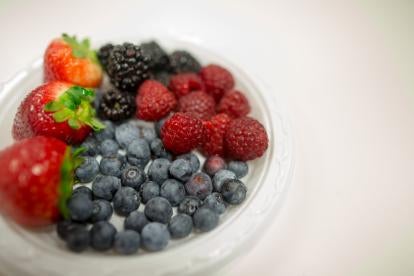-
As our readership is well aware, foods from genetically engineered (GE) plants must meet the same food safety requirements as foods derived from traditionally bred plants under the Federal Food, Drug, and Cosmetic Act. As a routine premarket step, developers of new plant varieties, including those produced using genome editing, typically consult with FDA regarding the safety and regulatory status of foods derived from such plants. These consultations serve to help ensure that applicable safety and legal questions are resolved prior to marketing.
-
To complement the existing framework in place for assuring the safety of products of biotechnology, including new plant varieties produced using genome editing, on September 16, 2016, the Obama administration’s Emerging Technologies Interagency Policy Coordination Committee released a National Strategy for Modernizing the Regulatory System for Biotechnology Products. This strategy document sets forth a vision for ensuring that the federal regulatory system is equipped to assess efficiently the risks, if any, associated with future products of biotechnology.
-
On January 18, 2017, FDA issued a request for comments related to the regulation of human and animals foods derived from plants produced using genome editing technologies to help inform its regulatory approach. The Agency’s questions, include, but are not limited to:
-
In what ways are the food safety risks associated with human and animal foods from genome edited plants the same as or different from those associated with other plant development methods (g., hybridization, chemical or radiation-induced mutagenesis and non-targeted genetic modifications using in vitro recombinant DNA technologies)?
-
Are there categories of genome edited plant varieties for which there are scientific bases to conclude that foods from such categories are unlikely to present food safety risks different from or greater than those for traditional plant breeding?
-
Are there categories of genome edited plant varieties for which there are scientific bases to conclude that foods from these categories are more likely than traditionally-bred plants to present food safety risks?; and
-
What steps can FDA take to help small firms, including those who may be considering using genome editing to produce new plant varieties for use in human or animal food, to engage with FDA about any questions related to food safety or the regulatory status of foods from their new plant varieties?
-
-
FDA will be accepting comments until April 19, 2017. It remains to be seen how the information received will impact the new administration’s approach to regulating foods derived from genome edited plants.
FDA Requests Comments on Foods Derived from Genome Edited Plants
Thursday, January 26, 2017



 i
i

